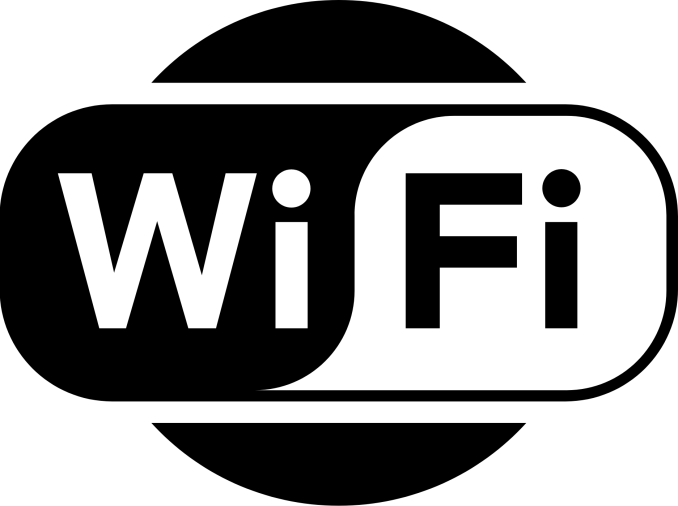The Do’s and Dont’s of Public WiFi
 Hopefully, most people are now aware that public wi-fi networks, such as those found at Starbucks, Barnes & Noble or your local hotel, are not safe for confidential browsing, performing financial transactions or for viewing your emails.
Hopefully, most people are now aware that public wi-fi networks, such as those found at Starbucks, Barnes & Noble or your local hotel, are not safe for confidential browsing, performing financial transactions or for viewing your emails.
Very few public wi-fi networks are able to offer encryption security in instances where everybody uses the same password and hotspot, which is generally how public wi-fi works. As your device (smartphone, laptop, etc) signals are broadcast across the immediate area, it is easy for other users in vicinity to eavesdrop on your communication. Even the most novice of hackers can intercept your signal using a phony hotspot or tampering software. Software used to eavesdrop can be easily obtained on the internet and does not require a lot of technical skills to operate.
Some public wi-fi networks might require a “custom” network password that is supplied by a cashier or printed in your hotel room’s welcome packet. However, that in itself does not offer any security. Some networks might even use WPA2, a secure protocol for encrypting traffic. But once again, if the password – or similarly formatted passwords – are handed out to every customer that comes through the door, there is no security to protect you. A public network is always just that – open to the public.
What are hackers looking for when eavesdropping on your Wi-Fi network connection? Anything that they can use to their benefit. Passwords, of course. They can easily capture your email and file transfers that do not have any encryption applied. Hackers with a bit more experience can also capture voice communication across wi-fi and replay it.
 4 actions to secure your data on a public Wi-Fi
4 actions to secure your data on a public Wi-Fi
1. The most effective way to secure your traffic while using public wi-fi is to use a virtual private network (VPN). When connected through a VPN, all your internet traffic is sent from your computer through an encrypted tunnel to the provider’s endpoint, making it secure from local eavesdroppers. VPNs typically charge by the month, and are usually quite affordable ($5-$30). There can be one distracting issue when using a VPN – it can slow down your connection speed by 25 to 50 percent.
2. If you choose not to use a VPN, then you must make sure that each time you connect to a website over public wi-fi your session is encrypted. In your URL field at the top of the browser, you should see HTTPS and not HTTP. Keep an eye out to make sure the entire session remains encrypted while you are browsing, because some sites only offer encryption on sections of their website.
3. Never perform a file transfer protocol (FTP) transaction over a public wi-fi. In fact, you should avoid transferring data of any type in an unsecured manner unless you have a VPN established. There are some secure FTP sites available, and these will encrypt your session.
4. As mentioned earlier, it’s common for hackers to set up a public wi-fi hotspot of their own near the site of the public Wi-Fi, and then give it a name similar to the legitimate one. Of course, logging onto the hacker’s wi-fi would enable them to monitor everything you do. To avoid this, always verify the exact name of the wi-fi network from the business hosting it. Make sure you do not see two access points with the same or very similar names.
With more and more businesses offering their customers free public wi-fi, the opportunities for hackers improve.
The best option, of course, is to avoid public wi-fi networks altogether. If you have no other choice, then make sure that you employ a VPN, and avoid doing anything that might empower a hacker (banking, personal business, etc.)
Return to the Tech Trends Newsletter

